How will future generations revisit the Brexit years? Through what glass will we be seen? This spring and, I suspect, for many seasons to come, we’re in too deep for any attempt to stand back and assess. There has been much talk (particularly by some of my fellow Remainers) of a review along the lines of the Chilcot inquiry after the Iraq war; but even with the benefit of time, Brexit will not lay itself open to easy analysis.
Almost by their nature, inquiries start from the assumption that something went terribly and avoidably wrong, and culprits in the form of guilty individuals or badly mistaken assumptions are sought. I may believe that Leavers have been wrongheaded and foolish in pursuit of an impossible promise, a Brexit that leaves us better off; but Leavers may make similar accusations against me and my kind: that we obstructed the will of the people in pursuit of an outcome — Remain — that deprives Britain of material benefits and democratic freedoms. It may well be that ‘history’ comes to a settled conclusion that one side was right and the other wrong, but that’s very different from concluding that anyone acted in bad faith, knowing, without disclosing, that what they urge would on balance hurt rather than help.
I’m sure most Leavers have acted in good faith: deluded but sincere, and patriots to a man and woman. I cannot say (reading Spectator and Times readers’ online posts beneath my own thoughts) that all my Leaver critics would return the compliment, but things are said in anger that are hardly meant, and insults never trouble me.
A different accusation, of course, is also traded between both sides: that though their opponents did sincerely believe in their goal — Leave or Remain — they deployed unjustifiable means to advance it. Well, yes, the truth has certainly been stretched here and there, inconvenient evidence has sometimes been concealed, some donations may have been misdeclared, and dire predictions for the consequences have been proclaimed in the heat of the moment. Sterling and the stock market did not crash after the referendum, and ‘catastrophe’ after no deal could prove an overheated prophecy. Hordes of Turks were never waiting to descend upon us if we voted Remain, the £350 million figure on the bus was misleading, and the EU will not raise a European army that supplants our national defence… but ‘lies’? We should be careful with that word. Scare stories, wild exaggerations, yes, but if these be lies then I cannot remember a general election in which lies were not the stock-in-trade of debate — and we don’t have an inquiry after every general election.
Prosecutors-general will, I conclude, find rather thin pickings for any grand inquiry to mull over; and its main conclusion is just as likely to be that opinion was deeply and angrily divided, a weak prime minister was stuck in the middle, and many foolish things were said and done in the heat of battle. Historians, however, will have a rich field, and our successors will still be talking about the years from 2016 as we today talk of Suez, or Iraq.
Over Easter I came across a genuinely novel way of approaching, after the event, a political earthquake. I’ve found it difficult to put down Eyewitness 1917: the Russian Revolution As It Happened.
This new 300-page book (published by Fontanka), packed with photographs as well as text, has no author, but a team led by writer Mikhail Zygar. They have taken a year in history and, as Craig Kennedy says in his introduction, sought ‘to recount, day by day, the events of a hundred years earlier through the written testimony of hundreds of people who lived through Russia’s revolutionary year’. The texts, mostly short, all verbatim, are rendered with little commentary. As Mr Kennedy says: ‘The people making these daily posts… were actual historical figures who lived through the events of 1917 — their names and photos appearing alongside their posts, just as they might in a normal social media feed.’
It’s like Instagram, but with Rasputin, Tsar Nicholas II and his stupid, Rasputin–besotted wife, the Empress Alexandra (Queen Victoria’s granddaughter) doing the posts. Lenin is there too, and Gorky and Churchill and Trotsky; and ambassadors’ dispatches and news-in-brief from the New York Times. There are frightened but lovey-dovey billet-doux between the Empress and her feeble husband, and commentaries from horrified observers as the daily news comes in. We read posts from early reformers whom events are overtaking, and royalists who cannot quite believe what is happening and sound lost as to what to do about it.
And of course we know, as they do not, what is coming. Many are going to be murdered. A few will die in their beds — like poet and novelist Ryurik Ivnev (20 December 1916: ‘Everyone is rejoicing over Rasputin’s murder, celebrating… Maybe he was harmful, maybe Russia is saved, but I cannot, cannot rejoice at murder’) who died in 1981. And there’s a diary entry by the newly deposed Tsar Nicholas on 6 May 1917, still confident of amnesty: ‘I’m 49 years old. Almost half a century! My thoughts are particularly with dear Mama. It’s terrible not even being able to correspond…’. He would be murdered by Bolsheviks in the following year.
I started this book last Sunday and have just passed the abdication. Trotsky is laughing at Lenin’s speech at the Finland Station, quoting a witness: ‘A man talking such nonsense was not dangerous’ — but the French ambassador is not so sure: ‘Lenin’s influence seems to have been increasing greatly in the last few days.’
And this is how history is lived. This is how it felt at the time. This is how we too will be scrutinised, when the time comes. Oh how I would love to be there.
Got something to add? Join the discussion and comment below.
Get 10 issues for just $10
Subscribe to The Spectator Australia today for the next 10 magazine issues, plus full online access, for just $10.
You might disagree with half of it, but you’ll enjoy reading all of it. Try your first month for free, then just $2 a week for the remainder of your first year.


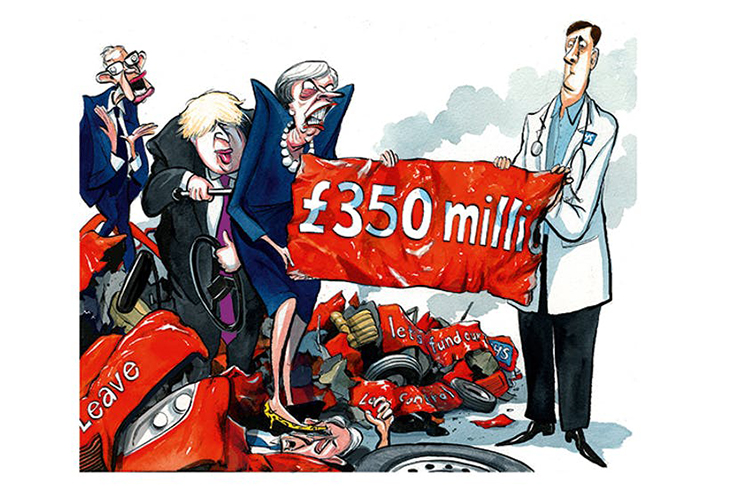


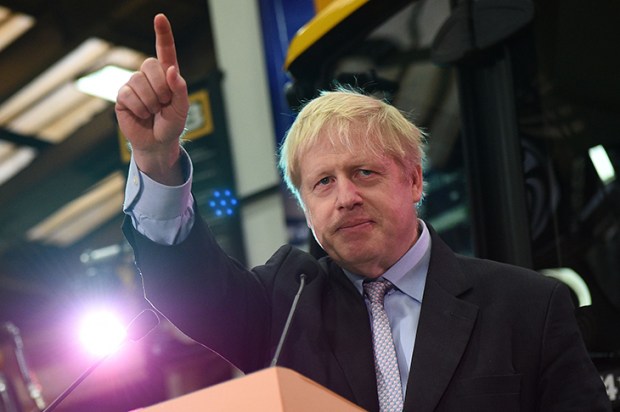
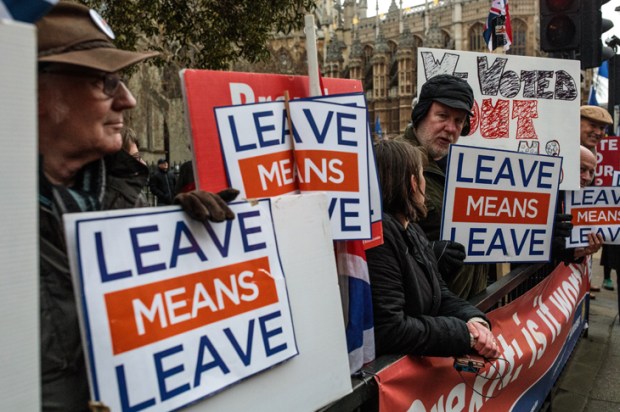
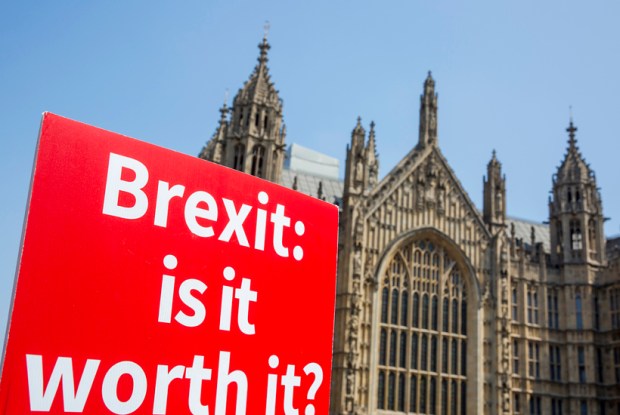
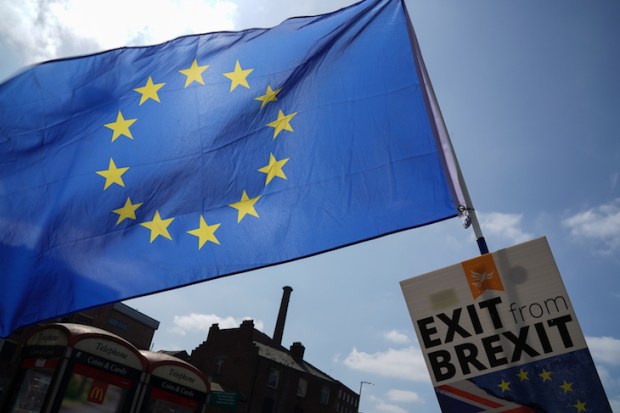






Comments
Don't miss out
Join the conversation with other Spectator Australia readers. Subscribe to leave a comment.
SUBSCRIBEAlready a subscriber? Log in